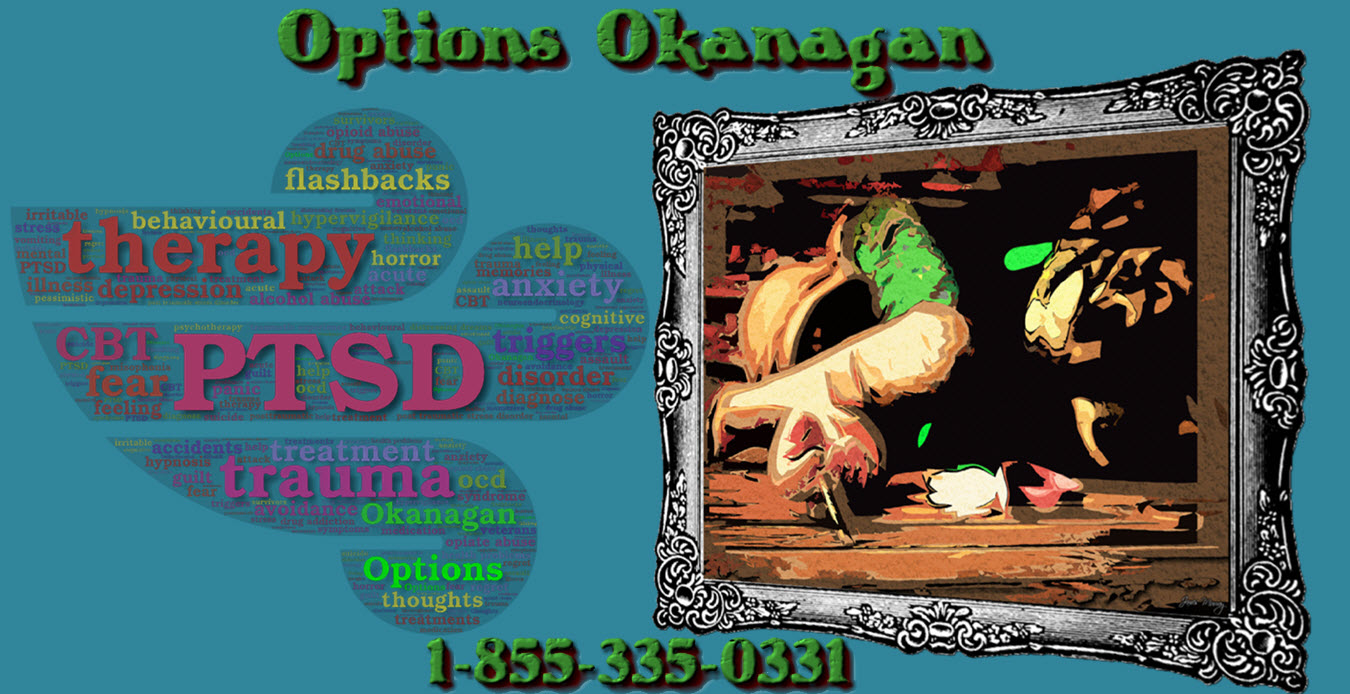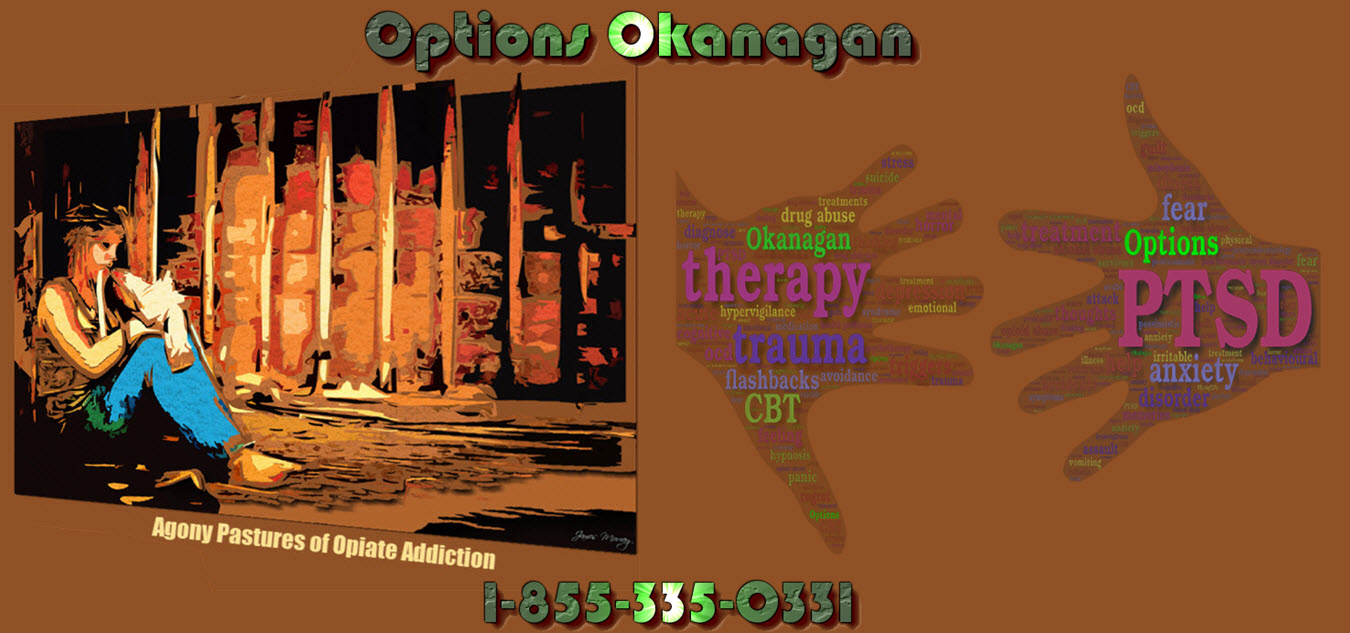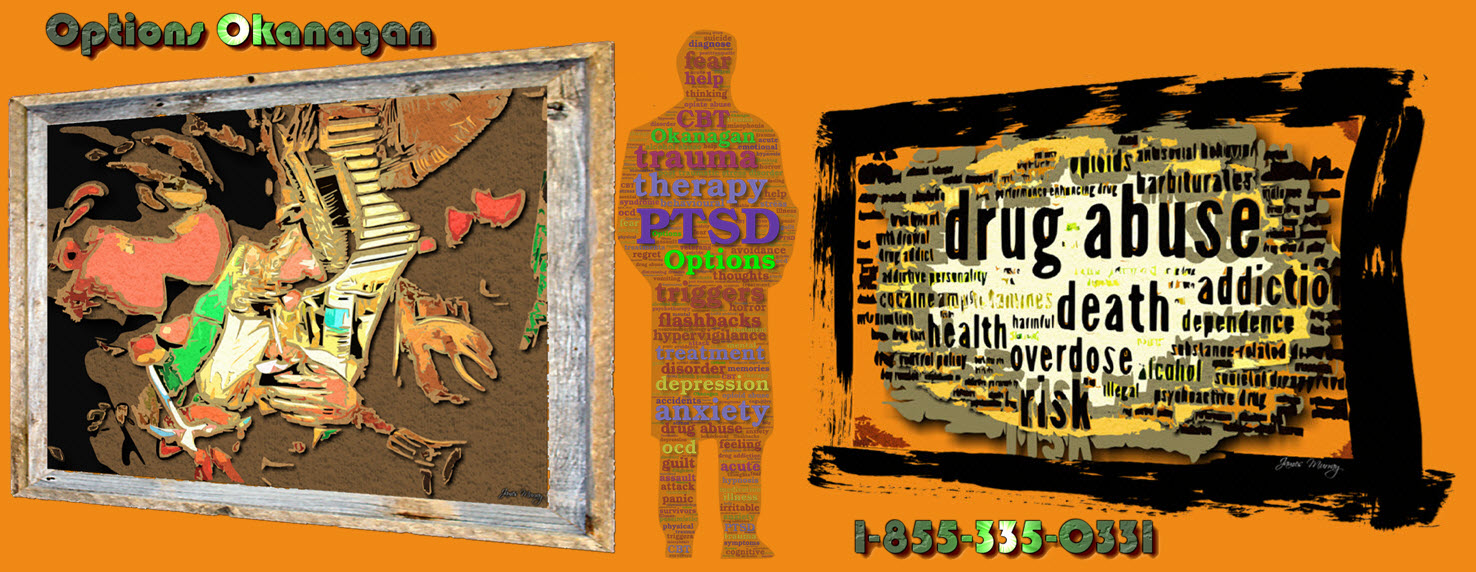The beneficial elements of mental health support groups – Mental health disorders – Opiate and prescription drug rehabilitation programs in British Columbia and Alberta – Options Treatment Center in Kelowna, British Columbia treating prescription drug, opiate, fentanyl, heroin, and alcohol addiction and recovery.
Prescription Drug Rehabs In Alberta And BC
One challenging aspect of mental illness is the fact that it differs from physical troubles in that it can be tough to spot and accurately assess. As such, it can be tough to fully appreciate and empathize with the issues faced by sufferers. Many such individuals feel alone and as though they are not understood by anyone. Further, sufferers may feel a sense of shame or embarrassment about their situation and feel that there is no help to be found anywhere.
Mental Health Disorder Programs In Alberta And BC
Lots of mental health sufferers feel this way, and sadly, they never receive the help they need. Fortunately, however, mental health support groups can help turn this situation around. These types of groups are designed to assist patients interested in obtaining help by creating a sense of community and common ground. This, in turn, gives patients the courage to continue their treatment plans and fosters a sense of hope that things can get better.
How Mental Health Support Groups Are Formed
A mental health support group is essentially a collection of individuals who share a sense of suffering and who wish to come together to provide mutual assistance and encouragement. Typically, a group of this type will concentrate on a specified condition. As an example, it may be challenging to find a group centered on both depression and schizophrenia. This is because each of these conditions is highly complex in and of itself and will therefore need a unique approach.
Support groups may sometimes be integrated with professional treatment techniques, though such methods are usually left to the realm of group therapy sessions. A support group and group therapy are two distinct things, with the latter being more geared toward formality and pedagogical goals.
Really anybody who wishes to launch a support group and is interested in the type of assistance it can provide can begin such an organization. It is even possible for a family member of a mental illness sufferer to assist with this process. Of course, nonprofits, mental health clinics, and other interested parties regularly form support groups in an organized fashion. In such circumstances, a trained facilitator tends to help the group function smoothly and conduct meetings.
Some of the most popular types of support groups for mental illness are those that make heavy use of Internet resources, as these can be broad in reach and cover a range of topics. It is also possible to find support groups tailored to a specific group’s needs, such as those that are done on a face-to-face or telephonic basis, though these can be more limited in number. Online support groups can be great, though they may not be ideal for those who prefer more personalized interactions.
Mental health patients may wish to add participation in a support group into their overall treatment plan that includes consultations with a mental health professional. It is unwise to forego psychological and medical treatment in exchange for a support group alone, but such groups can be an important piece of the treatment puzzle. Support groups offer an incredible amount of hope, support, and encouragement for those who may be lacking it in their daily struggles. Conquering or managing mental illness is not something that can simply be willed into existence, it requires work, treatment, and collaboration with knowledgeable resources and individuals. With work and commitment, real progress can be made, and life can become a much more positive experience over time.
Options Okanagan Opiate and Alcohol Treatment Centers in Kelowna, Salmon Arm and Vancouver, British Columbia – Men and Women are recovering and healing from Alcohol and Drug Abuse at our treatment center here in the Okanagan right now.
Our unique and distinctive Opiate Drug and Alcohol treatment program allow men and women to come in from Calgary as well as Edmonton as we offer airport pickup.
Numerous clients come to us from Vancouver, Calgary, and Edmonton and other locations in Alberta and even other provinces for Opiate addiction treatment, heroin drug treatment, many other drugs, and alcohol addictions for rehabilitation because of the uniqueness of our treatment center.
Our (Kelowna) Alcohol and Drug Treatment Program Location:
(Not Mailing Address) – Contact Us – Web Page
For Mail Delivery :: Please contact each center for correct mailing addresses, also this location is the location of our residential treatment programs in Kelowna. Please call Toll Free 1-855-335-0331 – to contact the treatment center you are going to for the address and directions.
Options Okanagan Drug and Opiate Treatment Center
551 Sherrydale Crescent, Kelowna, British Columbia, V1V 2E6
Toll-Free Phone Number: 1-855-335-0331




